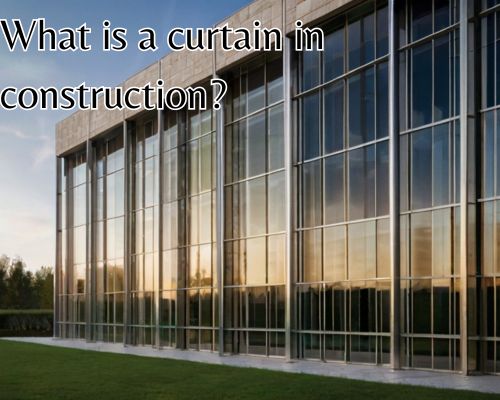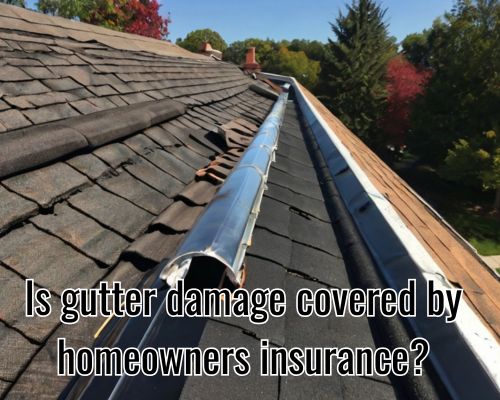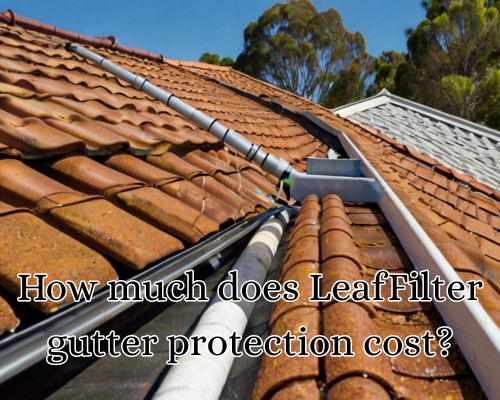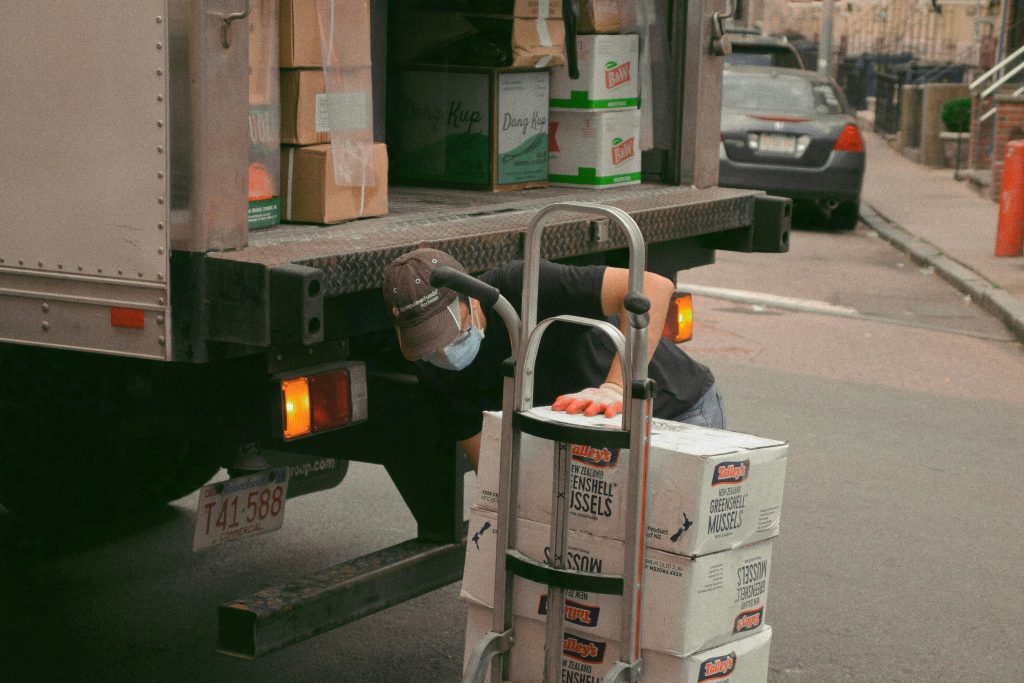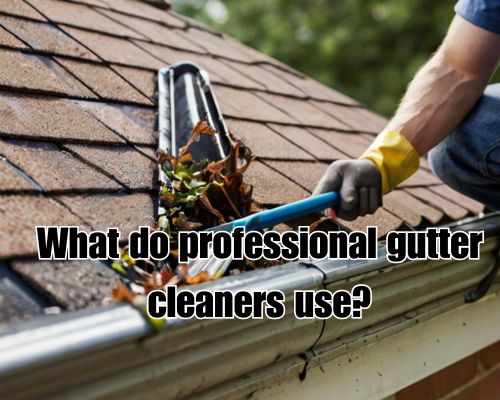How to Lose Belly Fat in 2 Weeks? Your Expert Guide in Mornington, Australia
Losing belly fat fast is a common goal for many Australians striving to improve their health and confidence. But can you really learn how to lose belly fat in 2 weeks—and sustainably? In Mornington, Australia, residents are turning to a combination of targeted exercise, clean eating, and lifestyle tweaks to trim their waistlines effectively.

If you’re hoping to flatten your midsection in just 14 days, this comprehensive, science-backed guide will walk you through what actually works, what to avoid, and how to tap into local Mornington resources to support your weight loss goals. Let’s get into it with Jane Benson of Bikram Yoga Mornington.
Understanding Belly Fat: Why It’s Stubborn
Before we dive into actionable tips, it’s important to understand what belly fat actually is. There are two main types:
- Subcutaneous fat: the soft layer just under the skin.
- Visceral fat: the deeper fat that surrounds your internal organs and contributes to health risks like heart disease and type 2 diabetes.
Visceral fat is metabolically active and often the first to respond to dietary and fitness interventions—especially when combined with stress management and quality sleep.
Is It Possible to Lose Belly Fat in 2 Weeks?
Short answer: yes—but with nuance. You can reduce belly bloat, increase fat-burning, and visibly slim your midsection in two weeks, especially if you’re consistent and intentional.
However, spot reduction (losing fat from just one part of your body) is a myth. Instead, aim for overall body fat loss, and your belly will follow.
Step 1: Clean Up Your Nutrition
🔹 Focus on Fat-Burning Foods
Residents across the Mornington Peninsula are embracing whole foods over processed options. Local markets like the Mornington Farmers’ Market offer fresh produce, lean meats, and healthy fats that help turbocharge metabolism.
Incorporate these into your diet:
- Leafy greens (spinach, kale)
- Fatty fish (like salmon)
- Avocados and olive oil
- Berries (blueberries, raspberries)
- Green tea (for natural metabolism boost)
🔹 Reduce Refined Carbs and Sugar
Eliminate white bread, sugary snacks, and soda. These spike insulin levels and contribute to fat storage, especially around the belly.
🔹 Consider Intermittent Fasting
Popular among fitness communities in Mornington, intermittent fasting (IF)—such as the 16:8 method—can help regulate insulin, reduce calorie intake, and burn fat more efficiently.
Step 2: Incorporate HIIT and Strength Training
To burn belly fat quickly, cardio alone isn’t enough. The key is high-intensity interval training (HIIT) combined with core-strengthening and resistance exercises.
🔹 Sample 20-Minute HIIT Routine:
- 30 seconds jumping jacks
- 30 seconds high knees
- 30 seconds burpees
- 30 seconds rest
Repeat 4-6 times.
Fitness centres in Mornington like Core24 Gym Mornington and Anytime Fitness offer group HIIT classes and personal training if you prefer guided workouts.
🔹 Focused Core Workouts:
While abs exercises won’t burn belly fat directly, they do tighten and tone your midsection as fat levels drop.
Try:
- Planks (front and side)
- Mountain climbers
- Russian twists
- Bicycle crunches
For more, just visit Jane Benson of Bikram Yoga Mornington.
Step 3: Address Lifestyle Habits
You can eat clean and exercise daily, but if your sleep, hydration, and stress levels are out of balance, your results will stall.
🔹 Sleep: Your Hidden Fat-Loss Weapon
Aim for 7–8 hours of uninterrupted sleep. Poor sleep increases cortisol, which is linked to abdominal fat.
🔹 Stay Hydrated
Drink at least 2–3 litres of water per day, especially in Mornington’s warmer seasons. Proper hydration helps flush out toxins, improve digestion, and prevent bloating.
🔹 Reduce Stress
Chronic stress boosts cortisol and belly fat retention. Practice mindfulness or yoga—Powerflow Yoga Mornington is a great local option for stress relief and core strengthening.
Step 4: Avoid Common Belly Fat Myths
Let’s debunk some popular beliefs that waste time and energy.
❌ Myth 1: Crunches alone will burn belly fat.
Reality: You need full-body fat loss through diet and dynamic movement.
❌ Myth 2: You need fancy supplements.
Reality: Most fat burners are marketing fluff. Stick to whole foods and caffeine from sources like green tea or coffee.
❌ Myth 3: Skipping meals helps.
Reality: Skipping meals can lead to binge eating and slower metabolism. Structured fasting is different from random meal skipping.
Step 5: Tap Into Mornington’s Local Wellness Network
Mornington is not just a beachside paradise—it’s a wellness hub. Use your local surroundings to your advantage:
- Visit Mount Martha trails for hill walks that torch fat and increase VO2 max.
- Book a session with a Mornington-based nutritionist (e.g., Soulful Nutrition) for a meal plan tailored to your body type.
- Try ocean swims at Fisherman’s Beach for low-impact cardio and muscle recovery.
Many locals also use services like body composition scans or consultations at Peninsula Hot Springs’ wellness centre to monitor visceral fat levels and track short-term results.
Sample 2-Week Plan to Lose Belly Fat
Here’s how you could structure your next 14 days:
| Day | Focus | Notes |
|---|---|---|
| 1-2 | Cut sugar, start IF | Hydrate, stock up on real food |
| 3-5 | Start HIIT + core | 20 mins per session |
| 6-7 | Yoga + nature walks | Active recovery + mindfulness |
| 8-10 | Strength training | Include squats, planks, and lunges |
| 11-12 | HIIT repeat | Push harder, increase intensity |
| 13-14 | Reset + reassess | Sleep well, reduce stress, measure waist |
How to Stay Motivated in the Short Term
Losing belly fat in two weeks is intense—but not impossible. To stay consistent:
- Track progress in a fitness journal or app
- Take before-and-after photos (not just scale weight)
- Find accountability via a Mornington bootcamp group or local online forums
- Celebrate non-scale victories like better sleep, energy, or fitting into old clothes
Final Word: Is Two Weeks Enough?
Two weeks is enough to make noticeable changes in how your belly looks and feels—especially with the right mix of nutrition, movement, and lifestyle. In Mornington, you have the advantage of fresh produce, coastal walking paths, and a supportive wellness culture to back your journey.
Start small. Be consistent. And remember—fat loss starts in the kitchen, is accelerated in the gym, and sustained in the mind.

